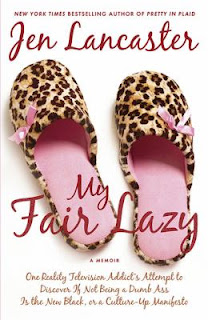Michael Northrop
Scholastic Press
2011
It’s winter, it’s cold, and it snows. Luckily where I live, it doesn’t snow too much (yes, I live in Colorado, but newsflash, the western side of Colorado is the desert), so we rarely get snow days (darn). When I lived in Chicago I always hoped for snow days, but in the four years I lived there, it just never happened. As a teacher, I love snow days. It’s the greatest feeling in the world – wake up, start getting ready for school and ring ring YES no school! I’ve never thought about the fact that a snow day could be bad.
Then I read Trapped by Michael Northrup and I realized a snow day could be bad. Especially if it meant I’d be stuck at school on a snow day.
Trapped takes place in New England – a place where monster snow storms are more common. And the storm that takes place in this book is the big one – the perfect snowstorm. The book starts out and it’s a regular day with snow expected. When the snow starts to fall harder and sooner than expected, school is released a little early so the students can get home. Of course, a few students and a teacher stay late – grading papers, working on projects, etc. By the time they decide to leave a few hours later, the snow is so bad, cars are no longer driving on the road and it looks like they’ll be stuck overnight. The next morning they wake up and it’s still snowing and it doesn’t look like it’s going to stop. They realize that no one is going to be coming for them anytime soon, so they make themselves comfortable – they raid the cafeteria for food and try to make the best of it. But when day three and four pass and the snow hasn’t stopped, no power and no sign of help coming, things get interesting.
I enjoyed the premise of the book, and I really enjoyed that it was told from a student’s point of view – for the first day or so, they aren’t worried because they’re at the age where they still rely on adults to take care of them. Once there are no adults to make the decisions, things get a little tricky. The characters are relatively true to “typical teenagers” – though I must say, they were pretty tame for teenagers. I liked this book, but it wasn’t really a page turner, and my reliable student reader Anna called it “a little kid-ish”. It has action, it has suspense, but it’s just a little…vanilla. Having said that, I liked that it wasn’t over-sensationalized – it’s definitely realistic fiction.
Though it didn’t make my top ten list of greatest books ever written in the history of the world, I would recommend it to some of the readers I have who don’t like fiction because it’s “fake”. I think those readers who enjoy reading books that are realistic and not dramatized at all would enjoy a book like this.













